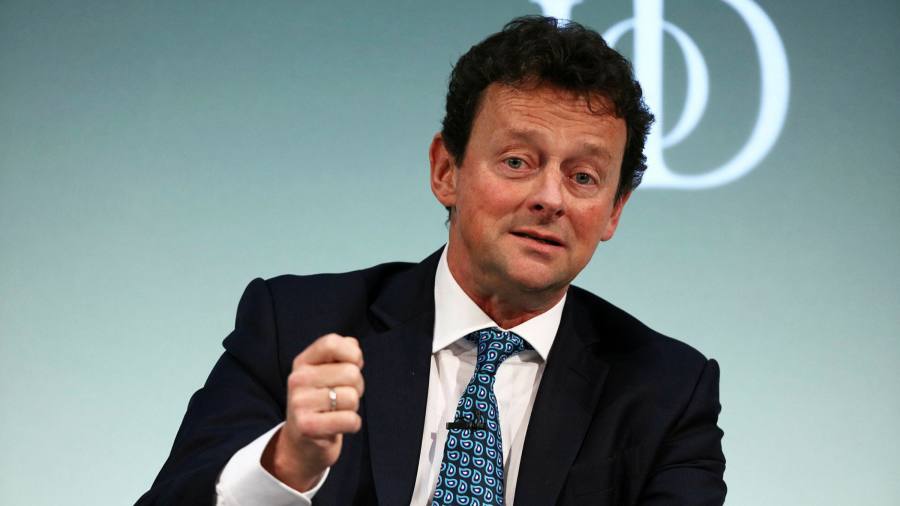[ad_1]
Glencore has started the search for a new chairman after Tony Hayward said he would step down from his role at the Switzerland-based miner and commodity trader next year.
The decision, revealed in the group’s annual report on Thursday, heralds a changing of the guard at the London-listed company, whose long-serving chief executive Ivan Glasenberg is due to step down in June, completing the transition to a younger generation of leadership
Hayward, the former chief executive of BP, joined Glencore’s board in 2011 and under the UK corporate governance code should have already departed.Â
However big shareholders agreed to extend his term so he could oversee the company’s management succession as well as its response to several investigations into alleged bribery and corruption.
Glencore is facing probes in Switzerland, Brazil, the UK and US, where the Department of Justice is examining possible corruption and money laundering in Nigeria, Venezuela and the Democratic Republic of Congo.
“We have consulted with a number of our leading shareholders regarding this issue and they support a second and final extension to my term as a chairman, which the board will recommend to shareholders,†Hayward said in the company’s annual report published on Thursday. “I will step down at the latest by next year’s AGM. A search for my successor is under way.â€
Glencore typically holds its annual meeting in April or May.
News of Hayward’s departure came as Glencore revealed the pay package of its incoming chief executive Gary Nagle, who currently runs its coal business.
He will receive a starting salary of $1.85m and could be awarded up to $10.4m a year with a target-related bonus. However, the maximum amount he will receive in any one year will be $6.4m. That is because 40 per cent of his bonuses will held back until two years post employment, according to Glencore’s remuneration report.
Glencore has only had three chief executives since it was founded in 1974 and Nagle, a protégé of Glasenberg, will be the first boss subject to a conventional pay arrangements with the bulk of his remuneration coming from short and long-term incentive schemes.
Because of his 9 per cent shareholding in the company, Glasenberg, who has run the company since 2002, only receives a basic salary of $1.5m with most his remuneration coming through dividends payments, which Glencore has just restarted. These have averaged $152m a year since the company’s stock market flotation in 2011.
In a recent report, analysts at Barclays said a CEO remunerated through short and long-term bonus schemes would give Glencore’s board “much greater influence in setting strategyâ€.
“We believe the Glencore CEO transition is likely to mark an important turning point, enabling the company to move to a more conventional governance framework,†they said.
Glasenberg has said he has no intention of becoming the company’s next chairman and casting “shadow over†his successor. He also plans to keep his shares in Glencore.
In its annual report, Glencore also revealed it had appointed last year a head of compliance, Daniel Silver.
Glencore, which recently appointed former Anglo American CEO Cynthia Carroll to its board as a non-executive director, is not the only major miner searching for a new chairman.
Rio Tinto is also seeking to appoint a new chair to replace Simon Thompson, who will step down within the next year in response to the outcry over the mining company’s destruction of a 46,000-year-old sacred indigenous site in Western Australia last year.
Â
[ad_2]
Source link






